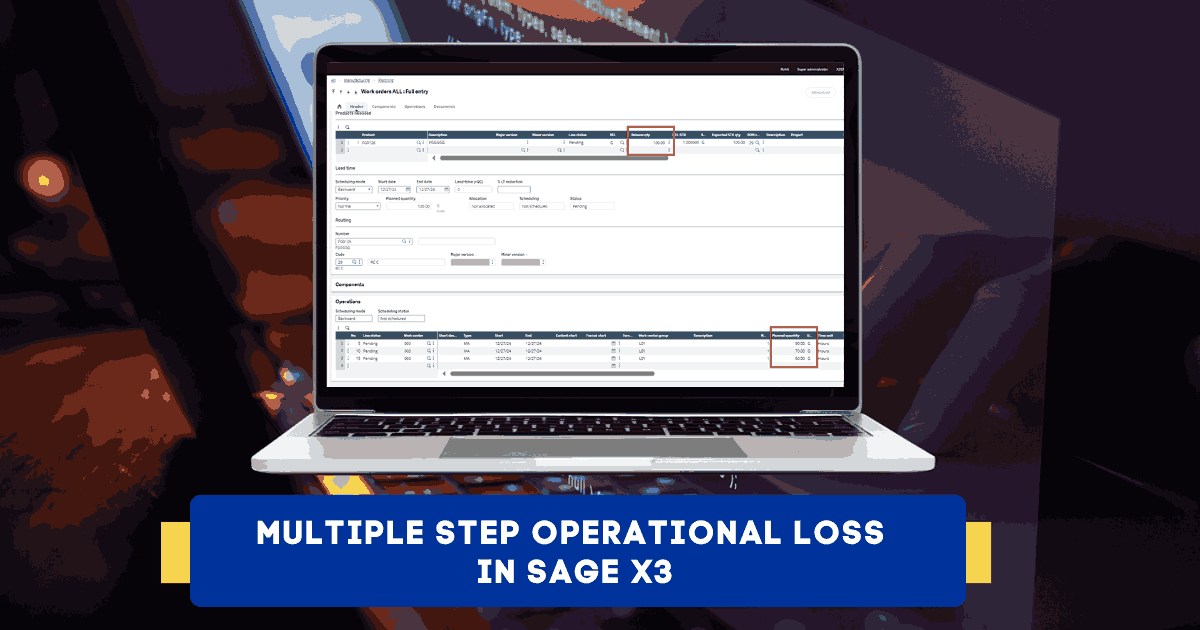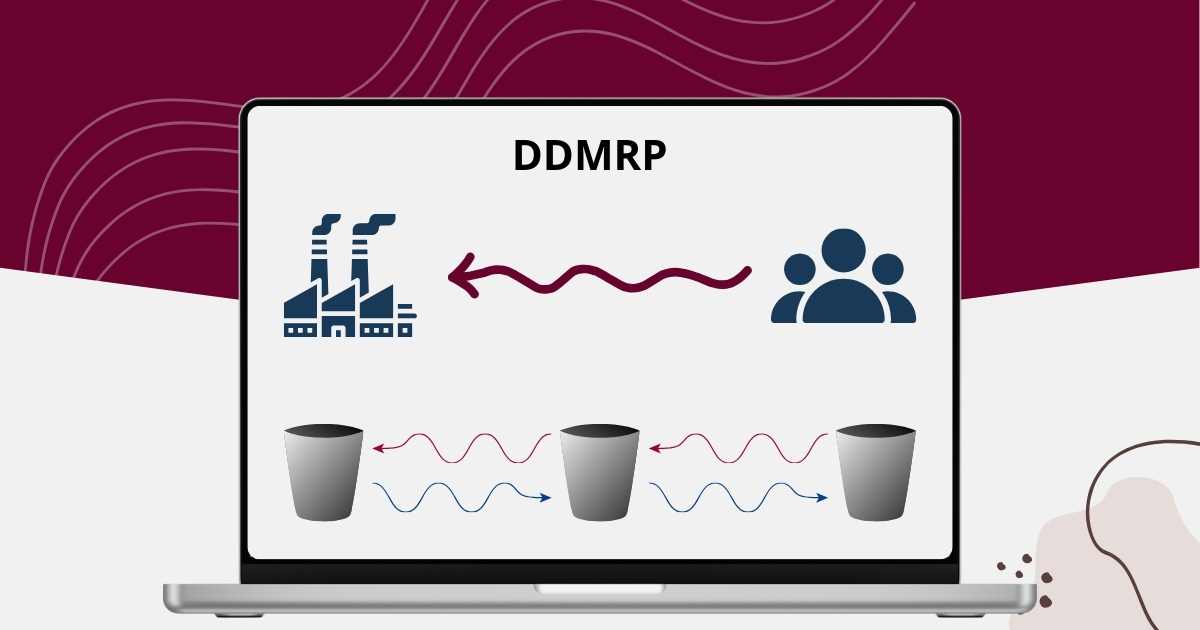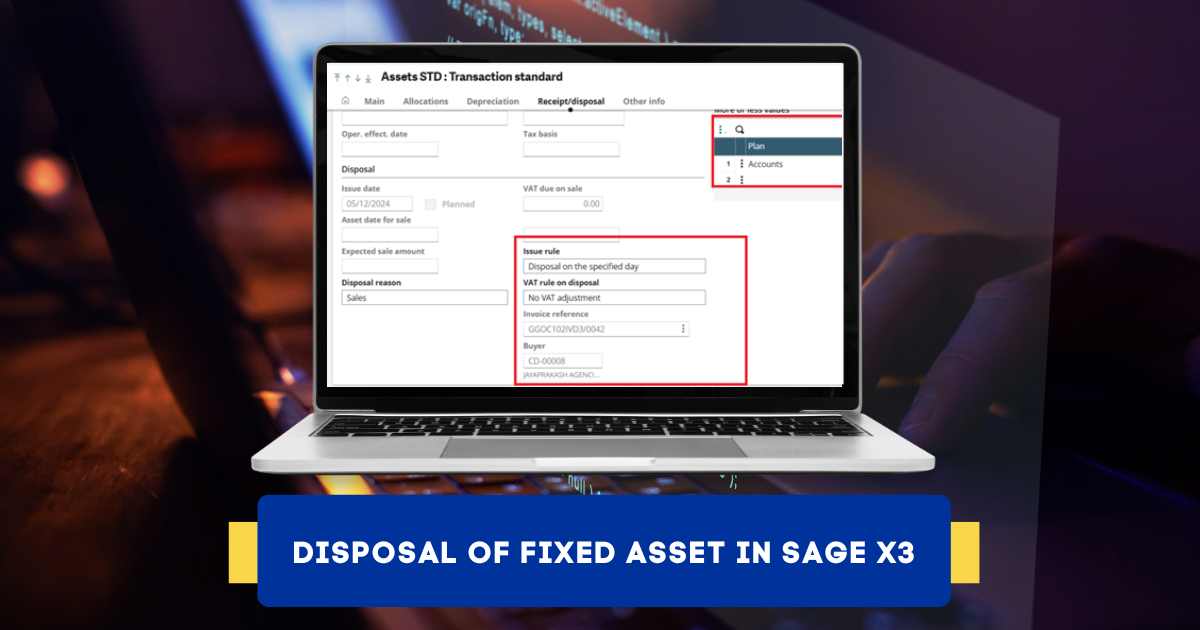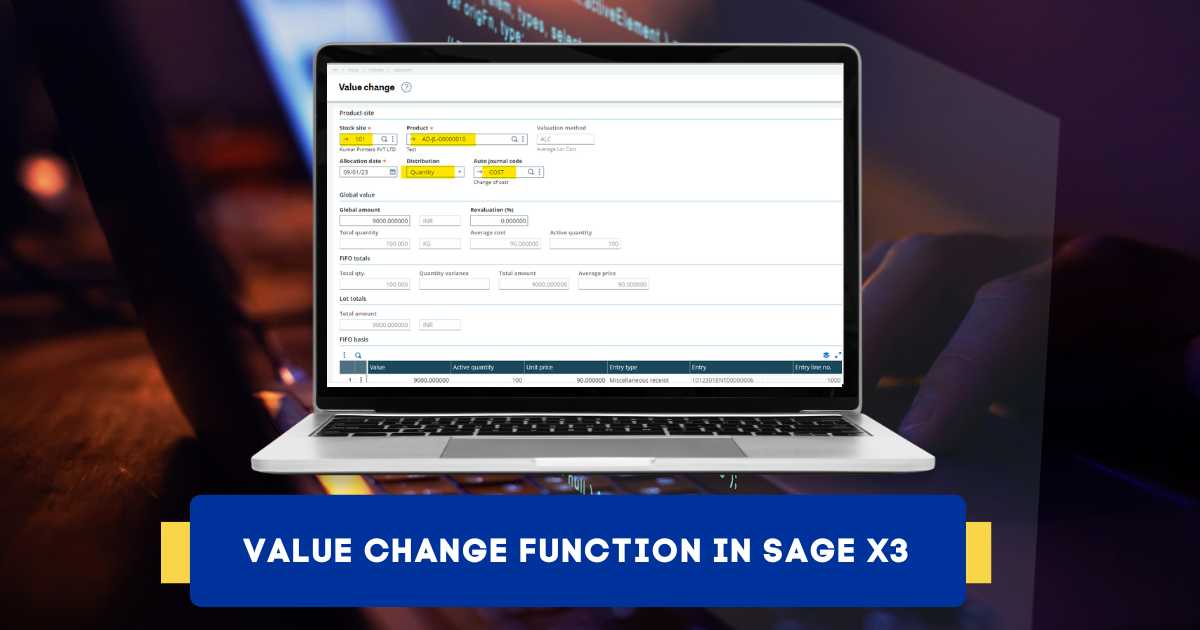What is ERP for Automobile Industry?
ERP for Automobile Industry is a strategic business process management software that allows automobile companies to prudently manage their auto parts, streamline the information flow, allocate resources effectively, and track various aspects of their core business activities.
ERP system bring together a multitude of business processes and act as the central hub for crucial business data. It offers multiple modules and capabilities to meet the unique needs of companies operating in the automobile industry and manage end-to-end processes on a single system. It is comprised of numerous modules that help with real-time production planning, demand forecasting, quality management, inventory management, supply chain management, and order fulfillment.
Overview of the Automobile Industry in India
The COVID-19 pandemic disrupted the production and supply chain activities of the automobile industry throughout India and the rest of the world. As per the European Automobile Manufacturers Association, global vehicle production dropped by more than 16.9% in 2020. In the same year, the Indian passenger car segment shrank by 18.9%, with a drop of 0.6 million units.
However, the impact was largely short-term in nature. In the post-pandemic era, India not only recovered but also became the third-largest vehicle market in the world recording a history of 4.25 million sales in 2022.
You May Also Like: How ERP is driving Automobile Industry on the Right Foot?
Challenges Faced by the Automobile Industry
-
Shortage of Semiconductor Chips
A semiconductor chip is regarded as the “brain” of an electronic device. There are different types of semiconductor chips, such as microprocessors and memory modules. They are produced using silicon, germanium, compounds, or other forms of pure elements. A shortage of semiconductor chips often leads to production delays, production rescheduling, staggering revenue losses, and the loss of new business opportunities.
-
Unprecedented Drop in Demand
Inflation leads to lower purchasing power and a decline in consumer spending. This can lead to lower demand for vehicles. Moreover, the recent COVID-19 pandemic saw a significant drop in demand for vehicle sales and a temporary shutdown of production factories throughout the country. Automakers suffered a year-on-year decline in demand and took drastic measures, such as job cuts, to fix the shrinking revenue.
-
Increasing Cost of Raw Materials
Vehicles are made from a variety of raw materials, including steel, aluminum, plastic, and rubber. The prices of these materials are driven by demand, supply, and other factors. The rising cost of raw materials can drive up manufacturing costs. With reduced profit margins, manufacturers will be under pressure to increase the prices of their vehicles and pass on the cost to the ultimate consumer.
-
Technological Upgradation
New technologies are emerging all the time, and automobile companies have to stay up-to-date with them, heavily invest in research and development, and upgrade their hardware infrastructure. In order to stay up-to-date with the latest technological changes and gain a competitive advantage in the market, they need to heavily invest in research and development. Otherwise, they risk becoming obsolete and losing market share to their competitors.
Future Trends in the Automobile Industry
-
Electric Vehicles (EVs)
Electric vehicles are becoming more popular around the world because of the various benefits they offer, particularly environmental ones. These vehicles use electric batteries and have zero dependency on fossil fuels such as gasoline or diesel. It helps reduce emissions and negative climate change effects. Various governments across the world are heavily promoting EVs by giving them tax concessions and subsidies. Moreover, EVs have lower maintenance costs and come with the convenience of charging at home.
-
Self-driving Cars (Driverless Cars)
Self-driving cars are also known as driverless cars and autonomous cars. These cars are capable of traveling with zero or minimal human input and have various advanced features such as Autonomous Collision Avoidance, Night Vision, and Automated Parking. The control systems in these cars make judgmental decisions with robust Artificial Intelligence (AI) tools and automatically operate on different routes, road conditions, and traffic situations.
-
Driver Assistance Systems
Driver Assistance Systems are designed to prevent harm to human life by reducing the number of accidents and collisions. These safety systems work in different ways in different situations. For example, they provide automated emergency braking, vehicle speed adjustment, and driver drowsiness detection. Moreover, they can also provide lane departure warnings and alert the driver about potential hazards so they can make emergency moves.
You May Also Like: What is ERP for Electronics Manufacturing?
Benefits of Using ERP for Automobile Industry
-
Data Analysis, Trend Identification and Reporting
The Business Intelligence Tools in ERP for automobile dealers provide deeper insights into data with predictive and prescriptive analysis and a comprehensive view of the business operations. Businesses can leverage advanced data analysis, visualization capabilities, and automated report generation to find anomalies, trends, and patterns.
-
End-to-End Visibility into Business Operations
The Procurement Management System helps with automated purchases of raw materials every time the stock reaches a certain threshold. In contrast, the Sales Management System aids with order placements, invoice generation, order scheduling, and order fulfillment. Businesses can streamline various tasks such as production planning, inventory management, and customer support using different modules of ERP.
-
Automates Insurance Claim Settlement
ERP systems streamline the insurance claim settlement process. They reduce the manual data entry operations so that the staff can focus on more important tasks such as claim investigations, claim settlements, and decision-making. ERP implementation can lead to reduced claim settlement times and improved customer satisfaction.
-
Risk Analysis and Mitigation
Risk management is a complex process that requires careful planning, evaluation, and execution. The Enterprise Resource Planning tool allows your business to consistently monitor risks and respond to them faster. As a result, it can build better risk mitigation strategies and reduce exposure to risks that can threaten its ability to achieve its strategic targets or impact its productivity, efficiency, financial health, and profits.
-
Streamlines Inventory Management
An automobile manufacturing business deals with raw materials on an almost daily basis, which calls for an efficient Inventory Management System. Efficient inventory management allows businesses to maintain optimum inventory levels and sync purchasing, organizing, and transferring inventories. Businesses can streamline their inventory management tasks, reduce costs, and improve cash flow by integrating Business Management Software.
-
Better Collaboration
ERP builds a centralized database that acts as the Single Source of Truth and enables different organizational departments to work together. As everyone gets access to real-time and accurate information, they work towards a common goal and better collaborate with each other. It results in higher employee morale, the sharing of ideas, better innovations, and increased productivity.
-
Improved Quality And Traceability
Automobile manufacturing businesses face the challenge of meeting exploding demands while at the same time retaining manufacturing quality. ERP for automobile dealers provides better visibility and insights into key business operations. ERP systems facilitate Lot tracking, batch tracking, production planning, production scheduling, ticketing, work order management, and other functionalities for manufacturer-specific needs.
Conclusion
ERP solution for various critical processes in the automobile industry. It allows automobile manufacturers and dealers to automate various manual tasks and manage various aspects of their business, such as manufacturing, customer relationship management, finance, supply chain management, inventory management, and warehouse management.
Sage X3 is a high-end ERP based on a superior technological architecture that provides best-in-class collaboration capabilities, richly detailed financial reports, industry-specific tools, and up-to-the-minute analytics with customized dashboards and reports. It’s flexible, scalable, and customizable. It can adapt to different currencies, languages, and laws.







